7 Client Management Apps in 2025 That Help You Build Better Relationships
In today’s fast-paced business environment, managing clients involves much more than just tracking names and numbers. Understanding client conversations, monitoring project statuses, and ensuring nothing falls through the cracks are essential tasks. This is where client management apps come into play. In 2025, several standout apps excel at their core functions without overwhelming users with unnecessary features. Below, we explore seven top client management apps that effectively streamline business processes.
The 7 Best Client Management Apps in 2025
Notion – Control Without Complexity
Notion may not initially present itself as a traditional client management app, but its adaptability is what makes it a top choice. Users can easily customize Notion to suit their specific needs, without needing extensive technical expertise. With features like note-taking, task boards, client pipeline tracking, and shared portals, Notion offers structure without rigidity. It’s an ideal solution for small teams and freelancers who prefer a tailored setup without overwhelming features.
Bonsai – All-in-One Minus the Clutter
Bonsai is designed for freelancers, agencies, and consultants who need streamlined tools. This app consolidates proposals, time tracking, invoices, and client CRM into one platform. Bonsai simplifies the workflow with smart integrations, allowing seamless transitions from leads to clients. With templates, forms, and automatic follow-ups, Bonsai is a low-maintenance solution favored by creatives for its efficiency.
HoneyBook – Personal Touch for Service-Based Businesses

HoneyBook is popular among photographers, event planners, and service providers seeking a personal approach to client management. Rather than being a rigid corporate CRM, it emphasizes the client journey—from inquiry to invoice—making interactions feel conversational instead of transactional. Key features include branded proposals, smart scheduling, and integrated messaging, all designed to build trust and maintain long-term client relationships.
Clientjoy – Clean CRM with Sales Focus
Though not as well-known as other apps, Clientjoy offers a compelling solution for service businesses with a sales component. It integrates client CRM, proposals, contracts, and invoicing into a single, user-friendly dashboard. Clientjoy excels in pipeline tracking, allowing users to monitor leads without hassle. For those who find traditional sales CRMs cumbersome, Clientjoy offers a refreshing, streamlined alternative.
Dubsado – Detailed Management Made Easy
Dubsado is perfect for those who want to ensure no detail is overlooked in their client processes. Highly customizable, it adapts to your workflow rather than forcing you to conform. Dubsado’s standout feature is its automation, which triggers tasks and reminders based on forms, emails, and dates. This automation helps prevent delays and missed steps, making it ideal for complex projects with multiple deadlines and moving parts.
HubSpot CRM – A Free, Robust Solution
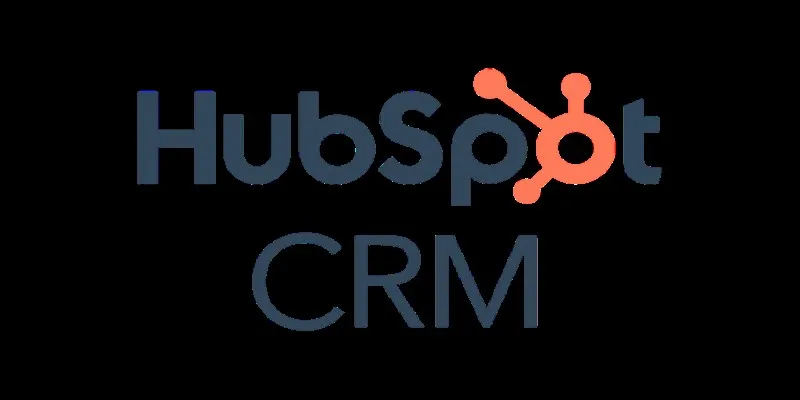
Unlike other free CRMs that offer limited functionality, HubSpot CRM provides a comprehensive set of features from the start. It includes contact management, email tracking, deal management, and task reminders, with integration capabilities that extend its utility. HubSpot CRM is an excellent choice for solo entrepreneurs or those beginning to establish a client management system, offering room for growth without starting from scratch.
17hats – Your Small Business Command Center
17hats positions itself as a command center for small businesses, providing project management, invoicing, scheduling, lead capture, and a basic CRM—all tailored to client work. Its simplicity is its strength; after initial setup, the system largely runs itself. For solo entrepreneurs and small teams, 17hats enables efficiency akin to having a full-time assistant, without the need for additional hires.
Final Thoughts
In 2025, the ideal client management app is not necessarily the one with the most features, but the one that aligns with your workflow without becoming a burden. Whether you need an all-in-one solution, smart automation, or simple contact tracking, these seven apps offer diverse benefits. The key is finding a tool that helps you stay organized, meet deadlines, and maintain client satisfaction, all while simplifying your business operations.
Related Articles
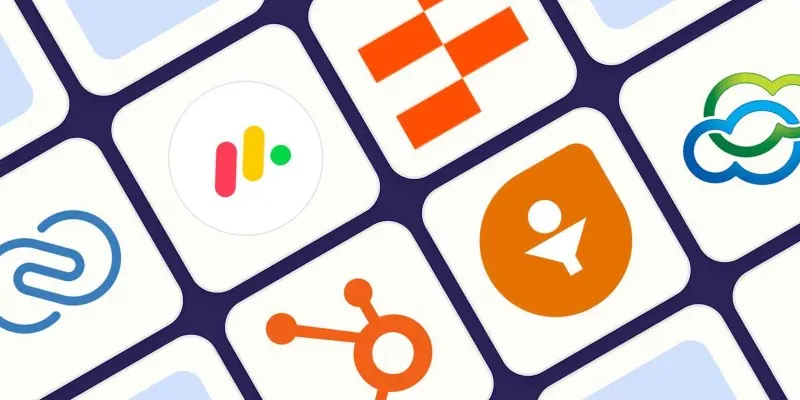
The 7 Best Client Management Apps in 2025 for Smoother Workflows and Happier Clients
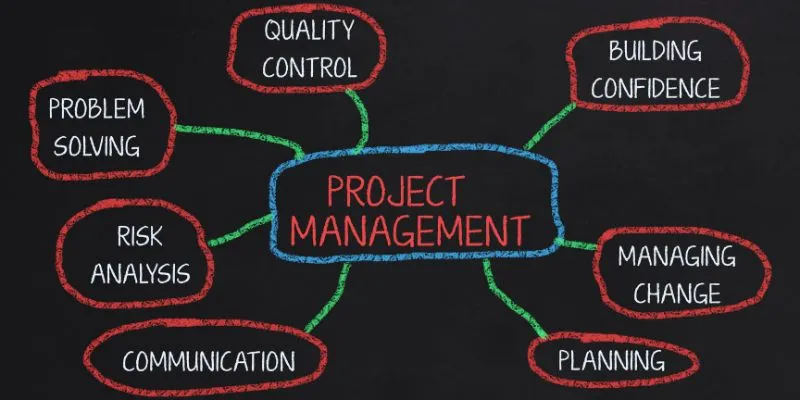
Best Project Management Software for Small Businesses: A Comprehensive Guide

Discover the 6 Best Employee Management Software and Apps for 2025

The 6 Best Pomodoro Timer Apps in 2025 for Maximum Focus and Productivity

The 8 Best Event Management Software Platforms to Simplify Your Planning
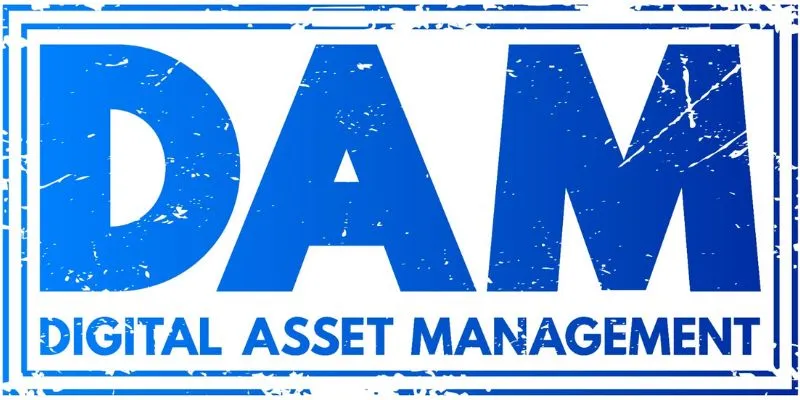
Explore the Best DAM Software Options for Effective Digital Content Management

12 Essential Software Solutions for Efficient Issue Tracking

The 13 Best Campaign Management Software Tools to Streamline Your Marketing
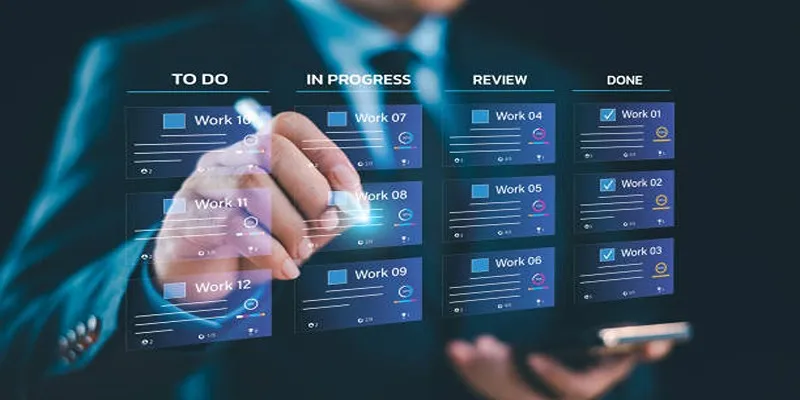
Trello vs. Jira: Choosing the Best Tool for Your Projects

Smartsheet vs. Asana: Which Project Management App is Right for You?
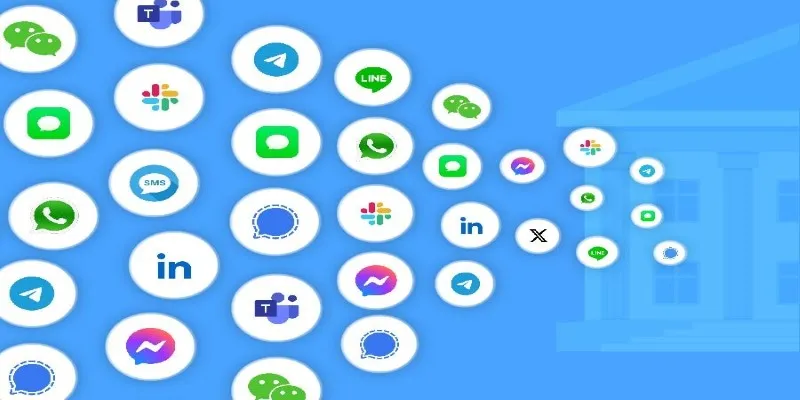
The Best All-in-One Messaging Apps in 2025 for a Streamlined Communication Life

The 8 Best Email Apps for iPhone in 2025 to Keep You on Top of Things
Popular Articles
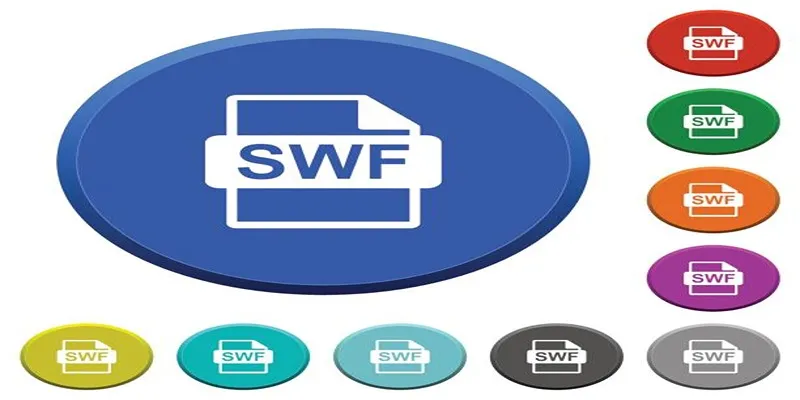
Top 5 SWF Conversion Tools for Mac Users in 2025

How to Drive More Conversions from Your Events with AddEvent

Discover the Best Lead Generation Software to Boost Your Sales Funnel
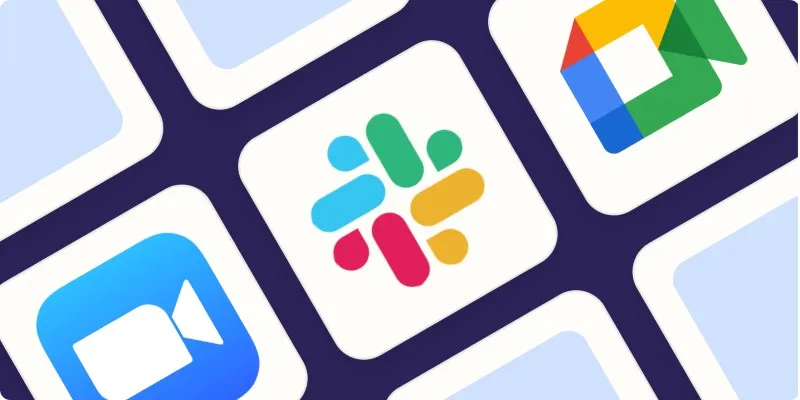
The Best Screen Sharing Software in 2025 for Smooth, Lag-Free Collaboration

10 Reasons Why MailerLite Stands Out in 2025 for Email Marketers
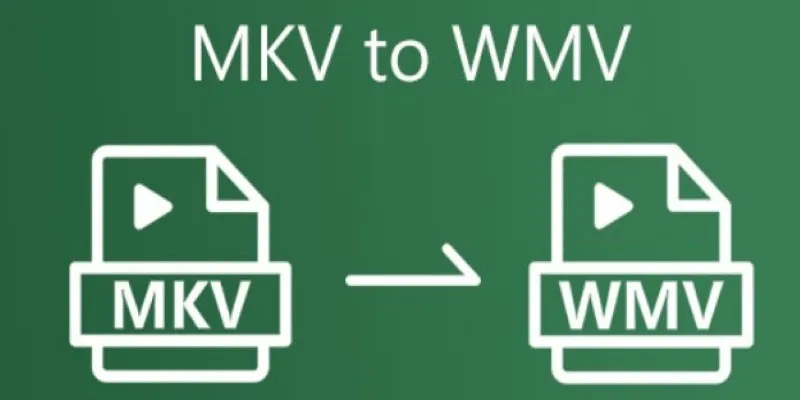
How to Convert MKV to WMV Quickly and for Free
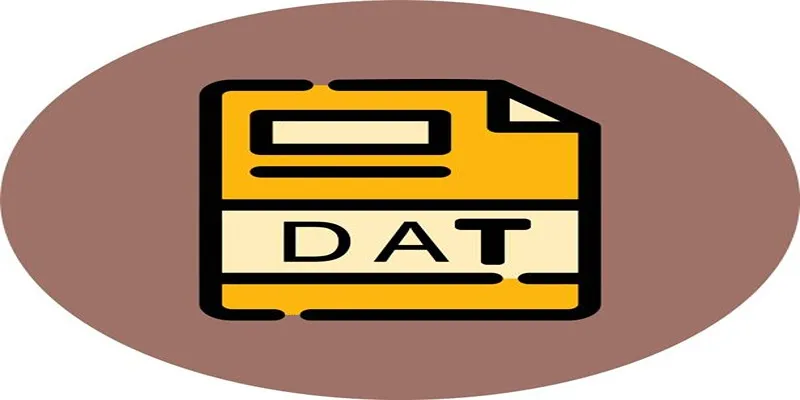
The Best Free Tools to Convert DAT Files into WMV Format

Transform Your Screen: Best Free HD Wallpaper Tools for Mobile and Desktop

Top Movie Making Tools for New Creators and Experienced Editors

The 8 Best Free Photo Editors in 2025 That Rival Photoshop

Best Audio Editors to Help You Produce Professional Podcast Episodes
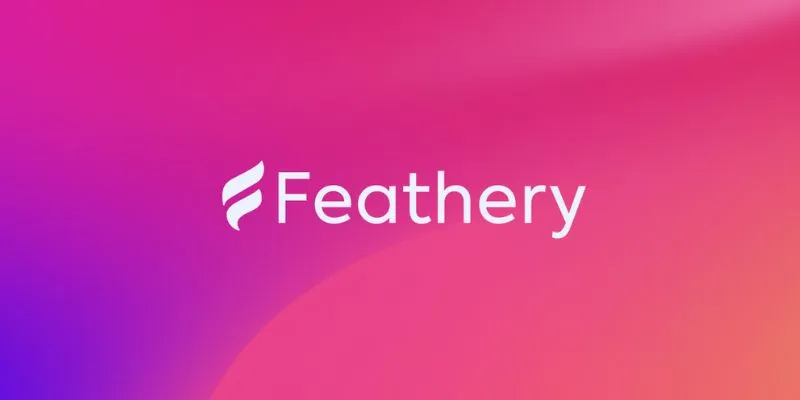
 mww2
mww2